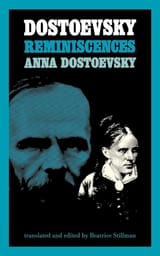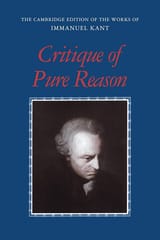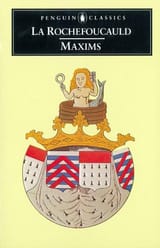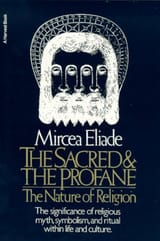>>24564960
Well, More named this idilic society “utopia” which literally means “nowhere” and the guy telling More about Utopia has a last name of “Hythloday” which means “speaker of nonsense”. Given the context of Thomas More being a devout (he’s a saint in their church) and the time which the book was written, which was 16th century England, you would think that obviously More wasn’t presenting these ideas seriously. However, the arguments he made for the Utopian system of operation were sound, so both Catholics and communists think he was arguing in favor of their views. My personal opinion is that, More is presenting these ideas seriously, but recognizes the untenable assumptions hidden for these ideas to work. That’s why I think he wrote it the way he did, basically saying that it would be great and awesome if things worked this way, but he’s not going to pretend that these are real, practical, ideas. Through modernity, we’ve already seen some of his assumptions built into the Utopian society not hold true. For example, he thought that with access to free, quality, education coupled with free time from not having to work long days (the Utopians had a 6 hour work day), people would voluntarily learn during their free time, attending lectures and seminars in whatever thing they find interesting. As we now know, most people aren’t interested in learning and would rather use their free time consuming something.









